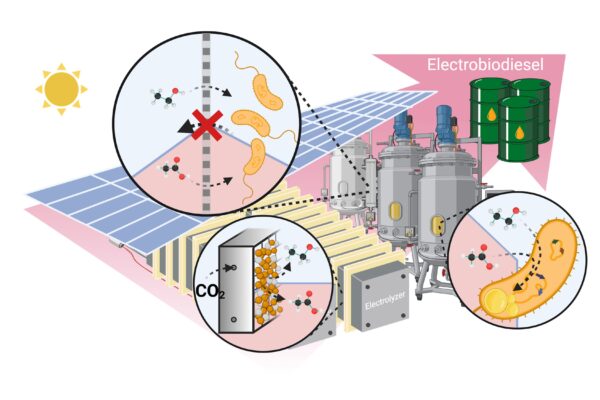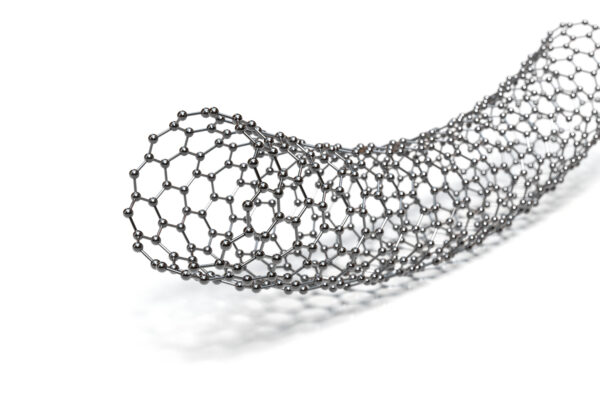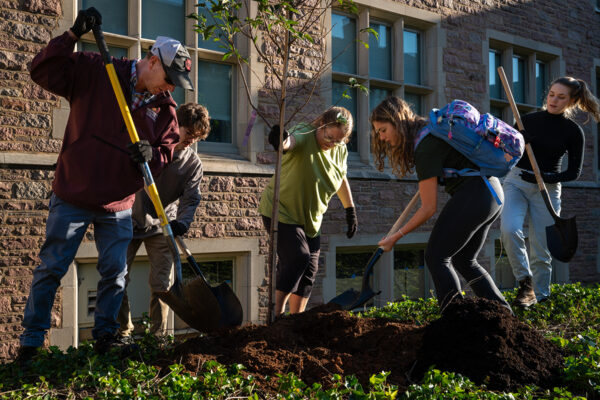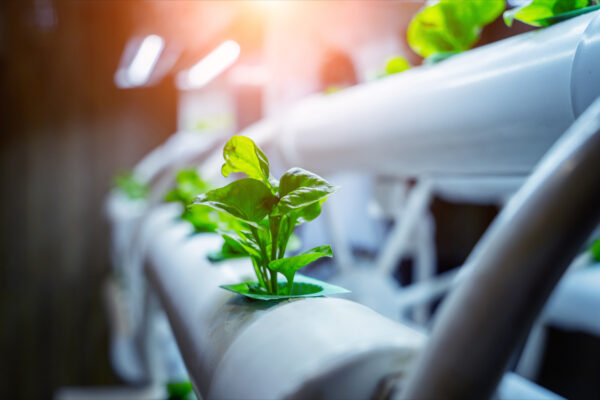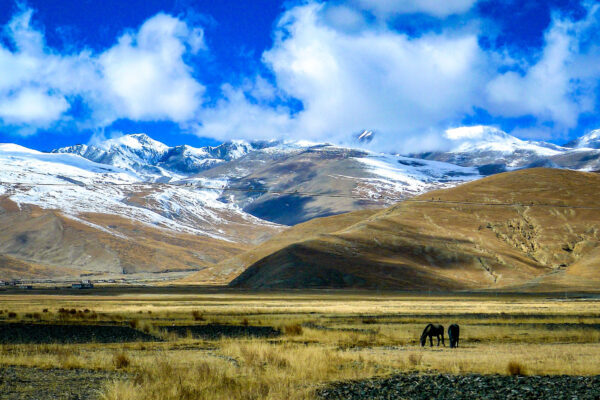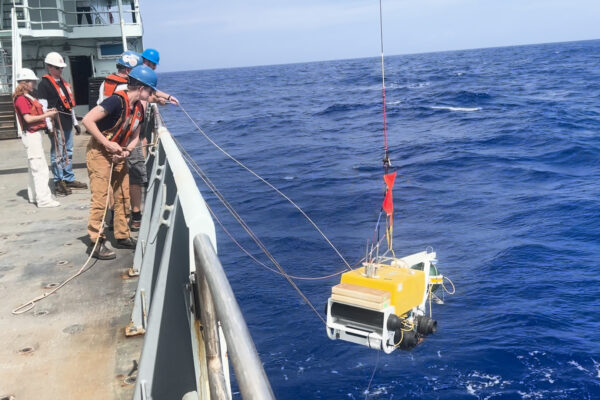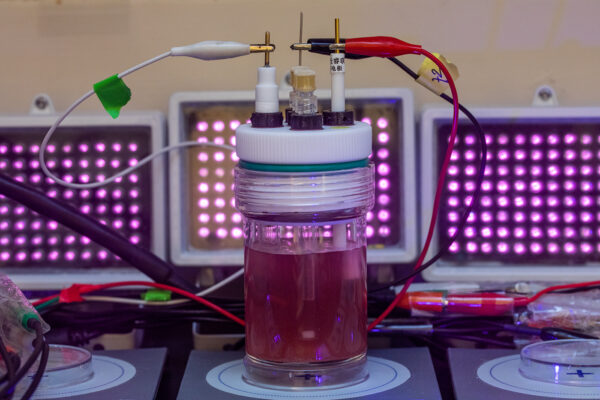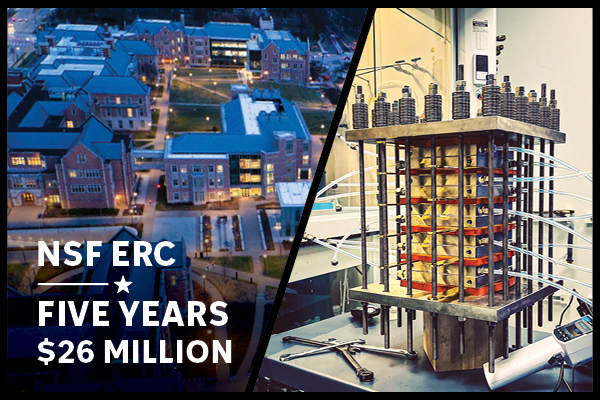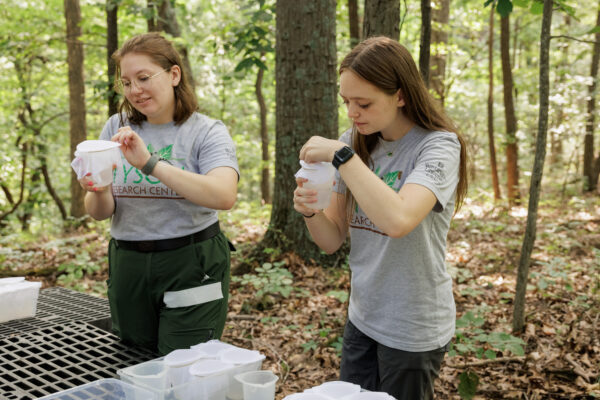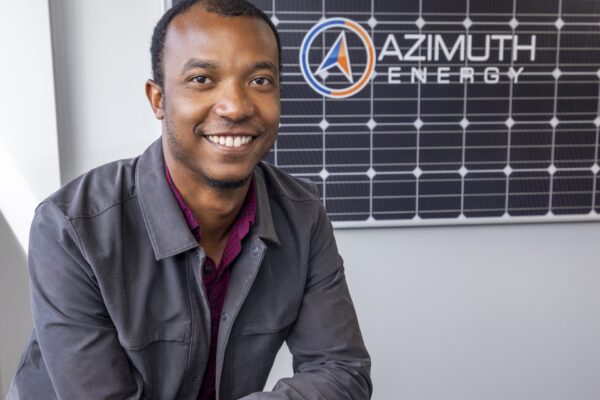Researchers create novel electro-biodiesel more efficient, cleaner than alternatives
Joshua Yuan at Washington University in St. Louis and Susie Dai at the University of Missouri, along with colleagues at WashU and Texas A&M, created biodiesel with electrocatalysis and bioconversion.
Converting CO2 to solid carbon yields benefits for batteries
A Washington University researcher has received a $1.5 million grant from the Department of Energy to convert carbon dioxide into carbon nanotubes that could be used in lithium-ion batteries.
Home to 6,500 trees, WashU Arboretum earns rare status
The WashU Arboretum, home to some 6,500 trees across the Danforth Campus, recently received Level III accreditation by the ArbNet Arboretum Accreditation Program.
How to grow food without light
In a new publication, researchers at the McKelvey School of Engineering make the case for electro-agriculture to help drastically cut carbon emissions.
WashU scientists uncover hidden source of snow melt: dark brown carbon
Researchers at the McKelvey School of Engineering are the first to quantify the effect of dark brown carbon on snow melt.
Field Notes: South Pacific
WashU earth scientists in Arts & Sciences are mapping Earth’s interior and analyzing lava rocks from a volcanic hotspot near the islands of Samoa.
Turning bacteria into bioplastic factories
Biologists in Arts & Sciences have found new ways to encourage the plastic-producing power of purple microbes.
WashU to lead $26 million decarbonization initiative
A collaboration of universities and industry, led by the McKelvey School of Engineering at Washington University, is embarking on a bold plan to transform manufacturing toward zero or negative emissions by converting carbon dioxide into environmentally friendly chemicals and products that create a circular economy.
Tyson Center gets local high schoolers involved in research
Field research, science communication and . . . blood feeding. These were some of the skills that high school students Hope Jett and Kari Koerner learned this summer as part of WashU’s Tyson Environmental Research Apprenticeship.
Competitive energy
Alumnus Deko Devins is on a mission to make solar power more widespread, affordable and accessible.
Older Stories
